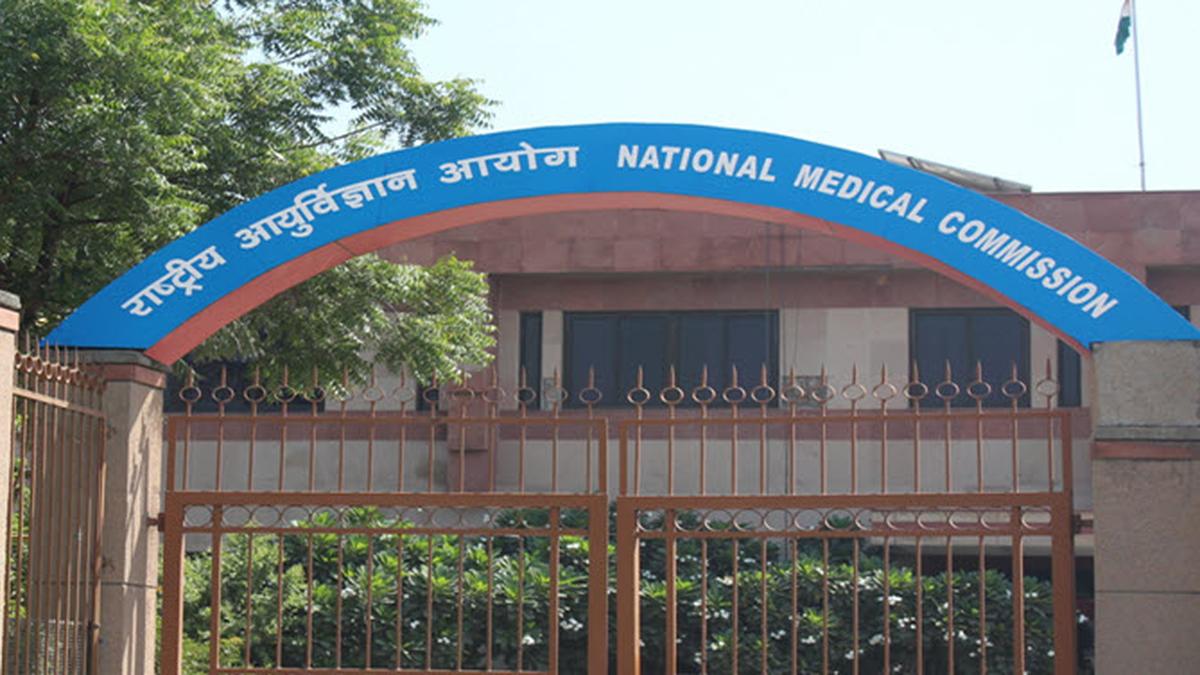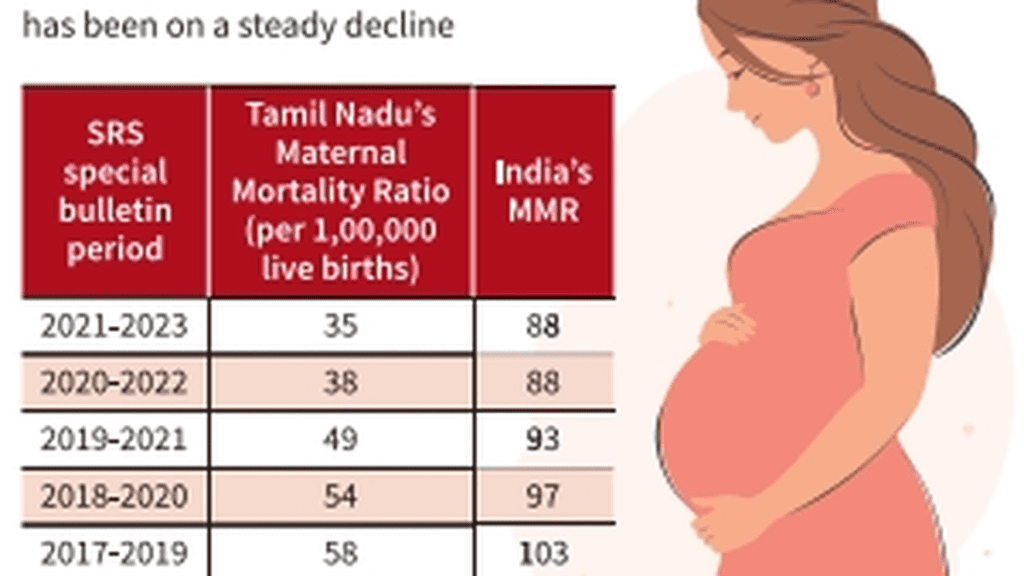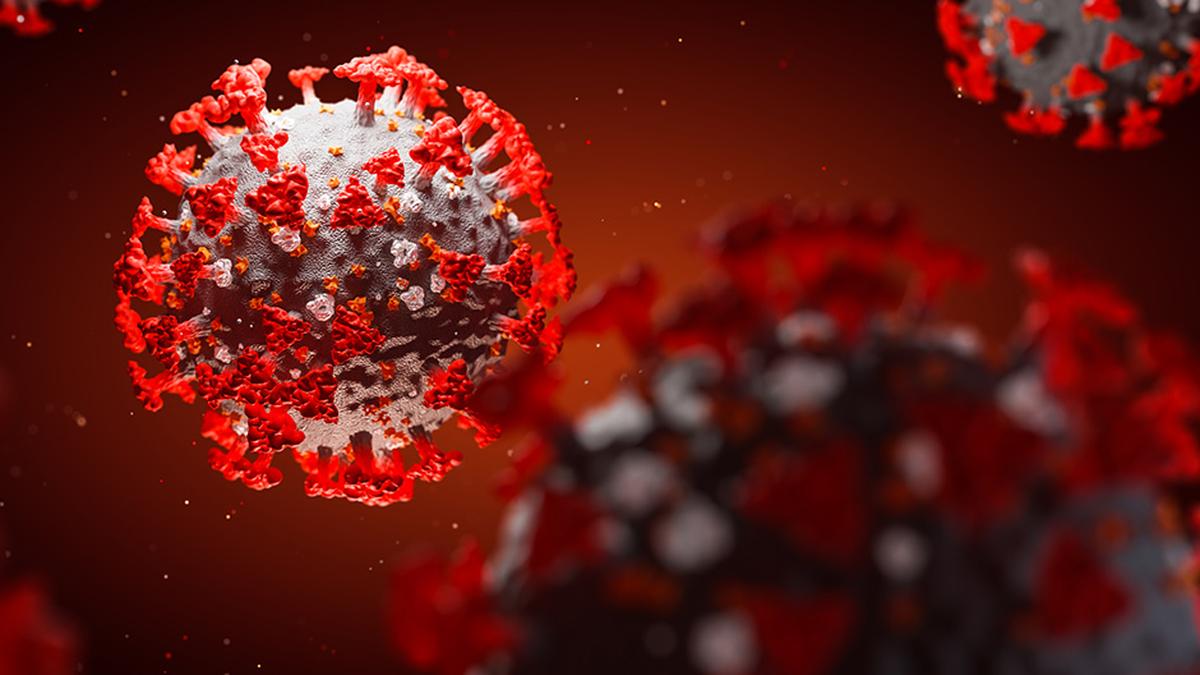NMC proposal to allow non-medical graduates to teach some subjects draws criticism Premium

NMC proposal to allow non-medical graduates to teach some subjects draws criticism Premium
The National Medical Commission (NMC), in its recent draft “Teachers Eligibility Qualifications (TEQ) in Medical Institutions Regulations”, has retained a two-year-old provision allowing non-medical graduates with M.Sc and Ph.D degrees to teach medical students anatomy, biochemistry, and physiology during a transitional period.
The draft, released on January 17, notes that the qualifications to teach anatomy include M.Sc (Medical Anatomy) with Ph.D in Medical Anatomy; for biochemistry, M.Sc (Medical Biochemistry) with Ph.D in Medical Biochemistry; and for physiology, M.Sc (Medical Physiology) with Ph.D in Medical Physiology.
“The above qualifications should have been granted by the NMC recognised/accredited medical college/institute as regular in-campus courses in the subjects concerned,” said the NMC in its draft guidelines. The draft has included non-medical faculty as eligible for Senior Resident, Assistant Professor, and higher positions in anatomy, biochemistry, and physiology subjects during a transitional period.
While doctors have expressed their displeasure about the move, the Congress party on Monday (January 20, 2025) hit out at the Central government and said the NMC was set up with great expectations that quality medical education would expand but some of the moves taken by it were “baffling”.
Congress leader Jairam Ramesh on Monday (January 20, 2025), in his post on X, said, “First, the Modi govt. lowers the cut-off percentiles for admission to post-graduate medical courses through NEET-PG. Now it relaxes norms for recruitment of faculty by medical colleges. The National Medical Commission was set up in Sept 2020 by an Act of Parliament with great expectations that quality medical education would expand. Some of the moves taken by it, however, are baffling.”
The Commission, while maintaining that the move is aimed at addressing the shortage of faculties in medical colleges, has now asked stakeholders for their feedback within a week.
Lakshya Mittal, president of United Doctors Front, stated that this move undermines the foundation of medical education, which directly impacts the quality of healthcare delivery in our country. He said that the decision to permit non-medical practitioners to teach critical pre-clinical subjects such as anatomy, physiology, and biochemistry in medical colleges was deeply concerning.
“While we recognise the need to address the shortage of qualified MD faculty, this should only be a temporary measure, strictly limited to scenarios where no MD candidate is available. The transition period must be explicitly defined, ensuring it serves as a stopgap rather than a permanent compromise. Furthermore, non-medical practitioners should neither be appointed as permanent faculty nor engaged on a contractual basis for these roles,” he said.
Doctors have also warned that private medical colleges may exploit the decision, using it as a loophole to sidestep the need for qualified medical educators and noted that these actions could degrade the quality of education and training provided to future doctors.
Physicians have urged the Health Ministry to focus on strengthening existing medical colleges, enhancing infrastructure, and ensuring adequate resources before expanding or creating new institutions.
“Teaching of core subjects like anatomy, physiology, and biochemistry by unqualified personnel risks compromising the foundational knowledge of medical graduates and the skills of future surgeons and clinicians, ultimately jeopardising patient safety. We appeal to the NMC to reconsider this decision in the best interest of medical education and healthcare quality in India,” said Dr. Mittal.










